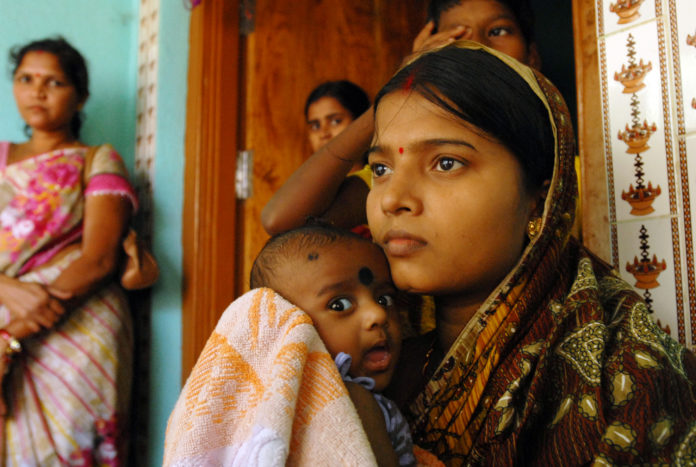Vaccines do not just keep diseases at bay, they also ensure people do not end up being pushed into penury by unforeseen medical expenses
India may not trust its own technical advisory group enough to take its recommendations on a cervical cancer vaccine but the world over vaccines have an enormous impact not just on health, but in keeping people out of poverty, according to a new study led by researchers from Harvard T.H. Chan School of Public Health.
They estimated that increased investments on 10 vaccines administered in low- and middle-income countries over a 15-year period could avert up to 36 million deaths and 24 million cases of medical impoverishment.
The study was published in the February issue of Health Affairs.
“This study explicitly points at how investing in vaccines in low- and middle-income countries can have a broad health and economic impact. Policy makers should look at targeted vaccine programs as powerful mechanisms for improving health equity and reducing poverty,” said Stéphane Verguet, assistant professor of global health.
“Vaccines for measles, hepatitis B, and human papillomavirus accounted for the largest share of averted deaths—61 percent, 18 percent, and 7 percent, respectively.”
India which launched its Mission Indradhanush programme in 2014 to take its vaccination coverage to 90% from the current 73 percent according to data from the National Family Health Survey. The vaccines currently included in India’s Universal Immunisation Programme are vaccines against Tuberculosis, Poliomyelitis, Hepatitis B, Diphtheria, Pertussis, Tetanus and Measles.
The vaccines studied by Harvard researchers are measles, hepatitis B, human papillomavirus, yellow fever, Hemophilus influenzae type b, Streptococcus pneumoniae, rotavirus, rubella, Neisseria meningitidis serogroup A, and Japanese encephalitis in 41 low- and middle-income countries from 2016-2030.
The study concluded: “Vaccines for measles, hepatitis B, and human papillomavirus accounted for the largest share of averted deaths—61 percent, 18 percent, and 7 percent, respectively. The magnitude of deaths averted by vaccines is primarily a function of the burden of the related disease (measured as total deaths that would have occurred, estimated in the counterfactual scenario), the number of countries that were forecasted to introduce the vaccine and their national immunization coverage, the proportion of people who received care after contracting the disease, and vaccine and treatment efficacy.”
They found that the poorest households would likely receive the most benefit from increased access to vaccines, as they are at higher risk, are limited in their use of health care, and consequently are more vulnerable to vaccine-preventable diseases.
• The largest share of deaths averted by vaccines was in the lowest income quintile.
• All vaccines led to an important reduction in the number of cases of medical impoverishment.
“Vaccines prevent not only diseases but also impoverishment. This is why it is so important that everyone, especially the poor, have timely access to high quality vaccines,” said first author Angela Chang, who was a doctoral candidate at Harvard Chan School when the research was completed and is currently a postdoctoral fellow at the Institute for Health Metrics and Evaluation, University of Washington.


